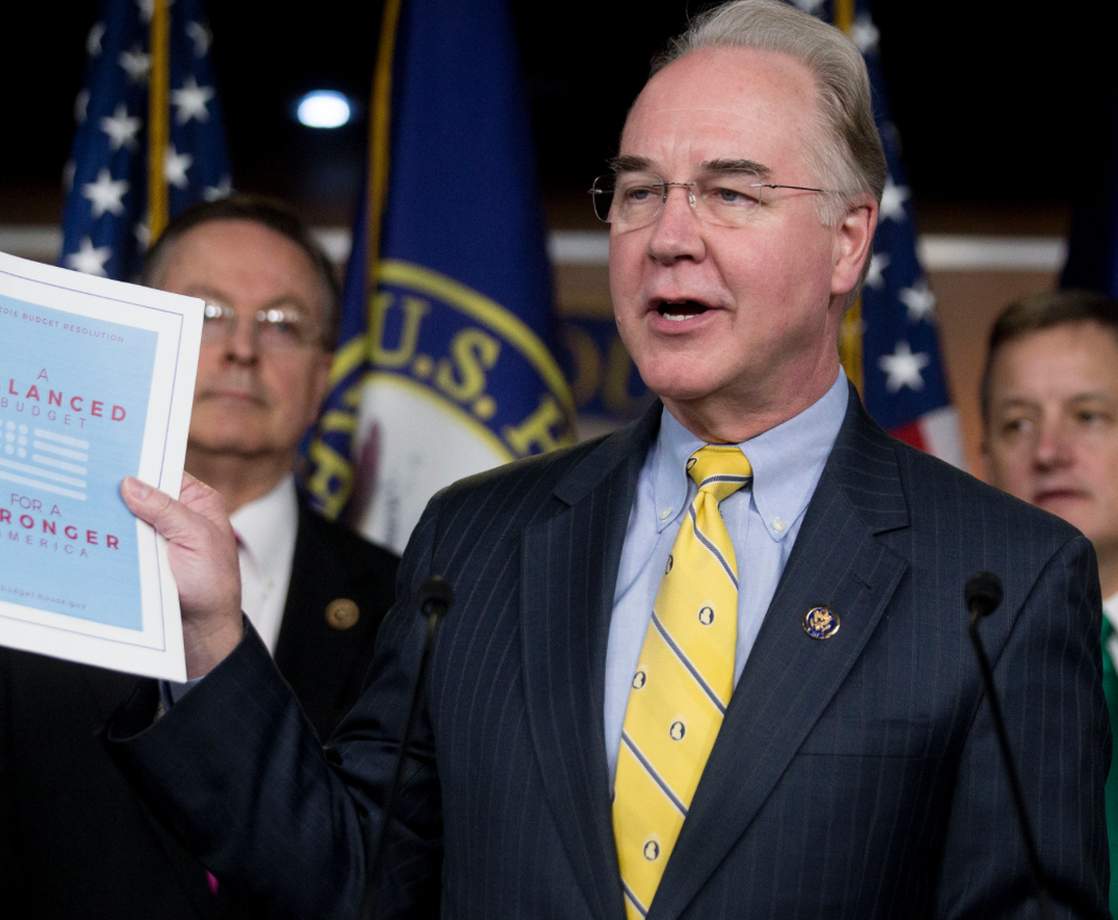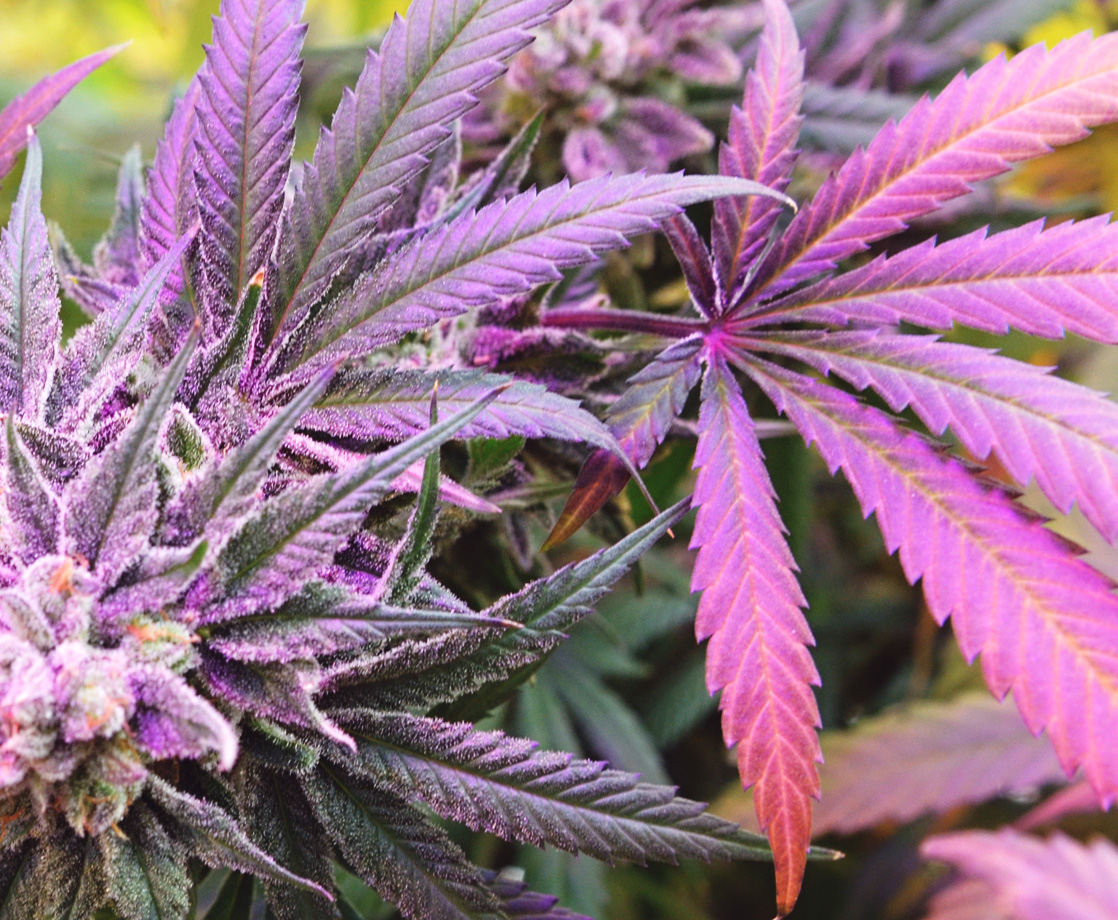Kentucky and Alabama, two southern states that staunchly defended anti-marijuana policies for decades, both advanced their respective medical marijuana bills this week.
On Wednesday, the Alabama Senate Judiciary Committee voted 8-1 in favor of the state’s proposed medical cannabis bill, placing it in the queue for a Senate floor vote sometime this session.
Alabama’s medical cannabis bill was introduced by Republican Tim Melson, though it’s more restrictive than similar bills passed in states such as California or Colorado. The bill permits medical marijuana for patients with conditions such as anxiety, cancer, and chronic pain, though only non-smokable forms of cannabis will be allowed by law. In other words, patients can’t legally access flower or vape oils, but they can consume edibles, tinctures, topicals, and sublingual oils.
“This bill is not about getting high. This bill is about getting well,” Dr. Alan Shackelford, a Colorado physician who helped Alabama’s regulators craft the medical marijuana bill, told WHNT19 News.
On Thursday, the Kentucky House of Representatives voted overwhelmingly 65-30 to approve a medical marijuana bill, leaving the final vote to the Kentucky Senate before the bill goes to the governor’s desk.
“We have momentum, but we’re not there yet,” Republican Rep. Jason Nemes, the Kentucky bill’s lead sponsor, told reporters shortly after the landmark vote.
Like Alabama’s bill, Kentucky’s cannabis patients won’t be allowed to smoke or vaporize cannabis products. Instead, they can only access pills, edibles, and topical forms of pot.
“This is not about fun,” Nemes added. “This is about healing. This is about health.”
Other Kentucky state representatives, who belonged to the losing minority vote, openly opposed the medical marijuana bill.
“We’re being asked to pass something that I fear will not be the end of it,” Republican Rep. Stan Lee said on Thursday. “Marijuana isn’t just a carefree, happy-go-lucky kind of thing you just do on a whim. It’s a drug. And I don’t think it’s good for our society. I don’t think it’s good for our people. And I fear that’s where we’re going — step by step.” Of course, he had nothing to say about his state experiencing a revival of opioid and meth abuse.
Lee’s anti-weed statements also don’t agree with a majority of Kentuckians. According to a recent survey, a whopping 90 percent of his state’s residents want medical marijuana legalized, which is consistent with the national average.
Kentucky already hosts one of the most robust hemp farming programs in the US, after Colorado. Meanwhile, despite the state’s prohibition against medical and recreational weed, the DEA discovered last year that Kentucky grows more illicit marijuana per capita than any other state — including California, which has the most profitable underground cannabis market in the world.











